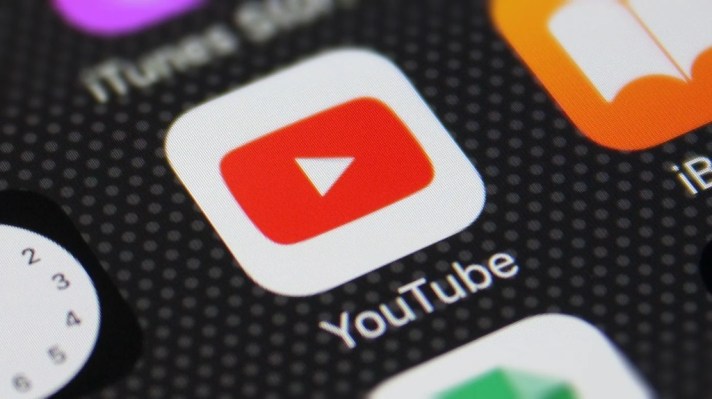YouTube announced today how it plans to approach the impact AI technology is having on the music industry with regard to its video hosting platform and its existing partnerships across the music industry, including with artists, labels and other rightsholders. While the company is bullish on AI’s potential to “enhance music’s unique creative expression,” it also says it needs to ensure the integrity of artists’ work is protected.
To that end, the company is launching something it’s calling YouTube’s Music AI Incubator, to help inform its approach to AI by working with artists, songwriters and producers across the industry to make decisions about how to proceed.
To kick off the program, YouTube is working with Universal Music Group (UMG) and its roster of talent, including songwriter and producer Anitta; songwriter, producer and entrepreneur Björn Ulvaeus; musician, composer and producer Don Was; Columbian musician Juanes; producer Louis Bell; composer Max Richter; songwriter and producer Rodney Jerkins; singer-songwriter Rosanne Cash; songwriter and producer Ryan Tedder of OneRepublic; rapper, musician, entrepreneur and philanthropist Yo Gotti; and the estate of Frank Sinatra.
Unlike YouTube, UMG has been more hesitant to embrace AI. Earlier this year, it asked streaming services like Spotify to prevent AI companies from using its music to train their models, for example. It also issued copyright strikes on AI-generated YouTube videos that leveraged its artists’ work. When a viral AI song that replicated Drake and The Weeknd’s vocals went viral, UMG had the song pulled from Spotify and Apple Music.
At the heart of UMG’s complaints — similar to those we’re seeing across creative industries — is the problem of having artists’ work ingested to train AI models and then re-used to create new art without proper permission or compensation. It’s no surprise then, that UMG has teamed up with YouTube to develop some sort of structure that ensures rightsholders get paid.
YouTube alludes to its historical understanding of this tension between new technologies and compensation, noting that it’s “made massive investments over the years in the systems that help balance the interests of copyright holders with those of the creative community on YouTube.”
It references, for example, its Content ID system, which ensures rightsholders are paid for the use of their content on the platform. YouTube suggests that some similar system may work for AI music — at least for those “music partners who decide to participate,” it says.
The company also notes that trust and safety are key to making this system work, adding that it already has policies around technically manipulated content designed to mislead viewers. Similarly, it aims to scale those systems to ensure that generative AI isn’t used for things like copyright abuse, misinformation and spam, as well. Instead, it plans to use AI technologies to identify this sort of content.
YouTube says it will share more details about how its new system for AI music will work in terms of the specific technologies, monetization opportunities and policies being developed in the future.
“I’m incredibly excited about the opportunity of AI to supercharge creativity around the world, but recognize that YouTube and the promise of AI will only be successful if our partners are successful,” wrote YouTube CEO Neal Mohan, in an announcement. “Together, we can embrace this new technology in a way that supports artists, songwriters, producers, and the industry as a whole while driving value for fans and pushing the bounds of what’s creatively possible,” he said.
